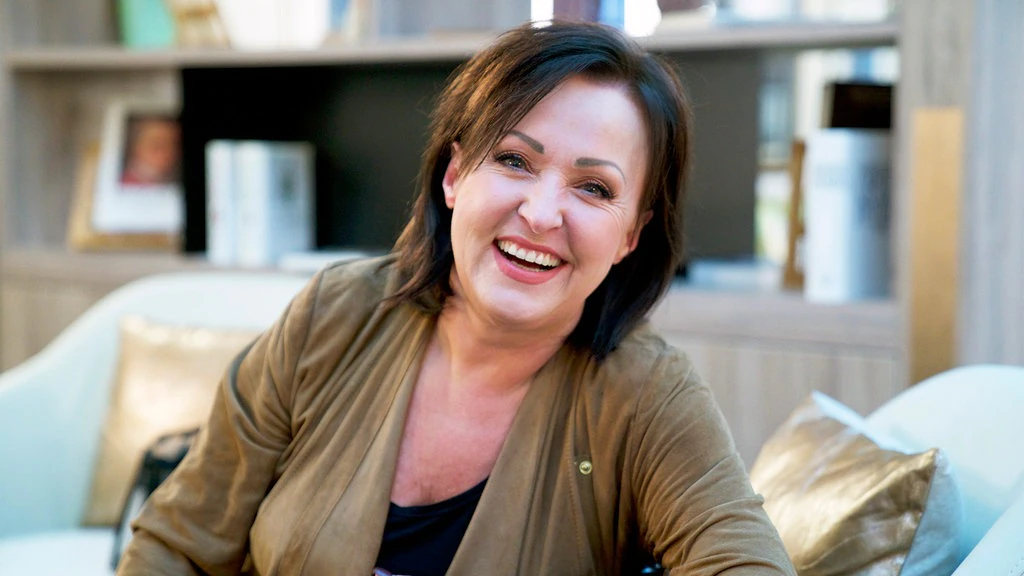
| Capital: | € 2 million |
| Age: | 64 |
| Born: | 01/12/1956 |
| Country of origin: | Germany |
| Source of wealth: | singer |
| Last updated: | 2020 |
Short introduction
The artist Ute Freudenberg was born in Weimar on January 12, 1956 and is a German pop and pop singer.
Early life
Growing up in the east of Germany, Ute Freudenberg was a well-known popular singer even in the GDR era, which, in addition to many appearances, have also made many documents and single in Kessel bouties. One of the most famous songs in the career of Ute Freudenberg understood the love of childhood, then you ask, everything or nothing and the roofs of Berlin. For many years, Ute Freudenberg has also played with the Elephant group, which is also well known.
Career
Ute Freudenberg was discovered in 1971 at the age of 15 as singing talent. A year later, in 1972, Ute Freudenberg won five other girls in the National Youth Competition for Music Women. The same year she appeared on television for the first time, in the spectacle six girls and music. Ute Freudenberg studied singing from 1972 to 1977 at the Academy of Music of Franz Liszt in his hometown Weimar. In 1976, Ute Freudenberg was also a founding member of the Elfant rock band, which jointly published two Lps and twelve singles. Among the absolute classics of the career of Ute Freudenberg is his best-known JudgendLiebe song, one of the classics of GDR Rock and Pop History. In addition to the songs already mentioned, the hits how far is at the end of this world? And again a person was born and there is no stranger for me, where Ute Freudenberg played in a duet with Wolfgang Ziegler on this song.
A striking date in the life of Ute Freudenberg was 1984, a year of his return to the GDR to appear in the FX. She moved to Düsseldorf and had the opportunity to work as a studio singer with various clients and appear on cruise ships. In 1988, she renamed herself briefly and from that moment, took the name of the Heather Jones scene. Under this name, she sang the song of the title was the last time in a crime scene episode titled Pleetegeier. In 1990, his only label Ein Wie Heute was released, which was the German version of the famous Whitney Houston knocked a moment in time. After more information published from songs and albums, Ute Freudenberg puts back to his hometown Weimar in 1996. She founded the UTE F. Live group, where she was supported by musicians Micki Schläger (keyboards), Manfred Schermly (Battery), Thomas Hödtke (Bass) and Ralf Rudnik (guitar). In 1997, the album landed in sight was released. On the occasion of the 25th anniversary of the UTE Freudenberg on stage, she gave a gala concert in Erfurt, who colleagues from many artists such as the Karat group played. Also in 1997, she sang title song with Wolfgang Ziegler. There is no stranger to me at Gala José Carreras on ARD. In 2000, UTE Freudenberg had the opportunity to host the 90-minute MDR television program that I like every hour at the 25th anniversary of the Karat scene. In October of the same year, his album Träumenland was published, in the title as grateful for every day and because we are friends are gathered.
Career highlights
Among the strengths of his career at UTE Freudenberg are the many awards she has received. In 1975, she won the price of young talents for songs in the GDR. In addition, she was named the most popular singer of the RDA four times between 1980 and 1984. In 1998, Ute Freudenberg received the coveted price Goldene Henne Media. In addition, the super-illucue readers, Super TV and Spectators of the MDR voted the JugendLiebe song the success of the most popular GDR of all time. In 2008, UTE Freudenberg received the Federal Cross of Merit as part of its commitment as a boss of McDonald’s children’s help. These rewards are followed by other prestigious prizes that respect the diverse work of the artist.
Amazing facts
Ute Freudenberg said herself that she had a total of three lives. Until the mid-1980s, she lived in the GDR, where she was born and grew up. Then she had a brief interlude in the west, as she says. A few years after the tour, Ute Freudenberg finally retreated in his old house. A song from his career connects the three lives of Ute Freudenberg: the success JugendLiebe. Ute Freudenberg wishes the future in Germany that there is no longer to speak constant of East and West.



